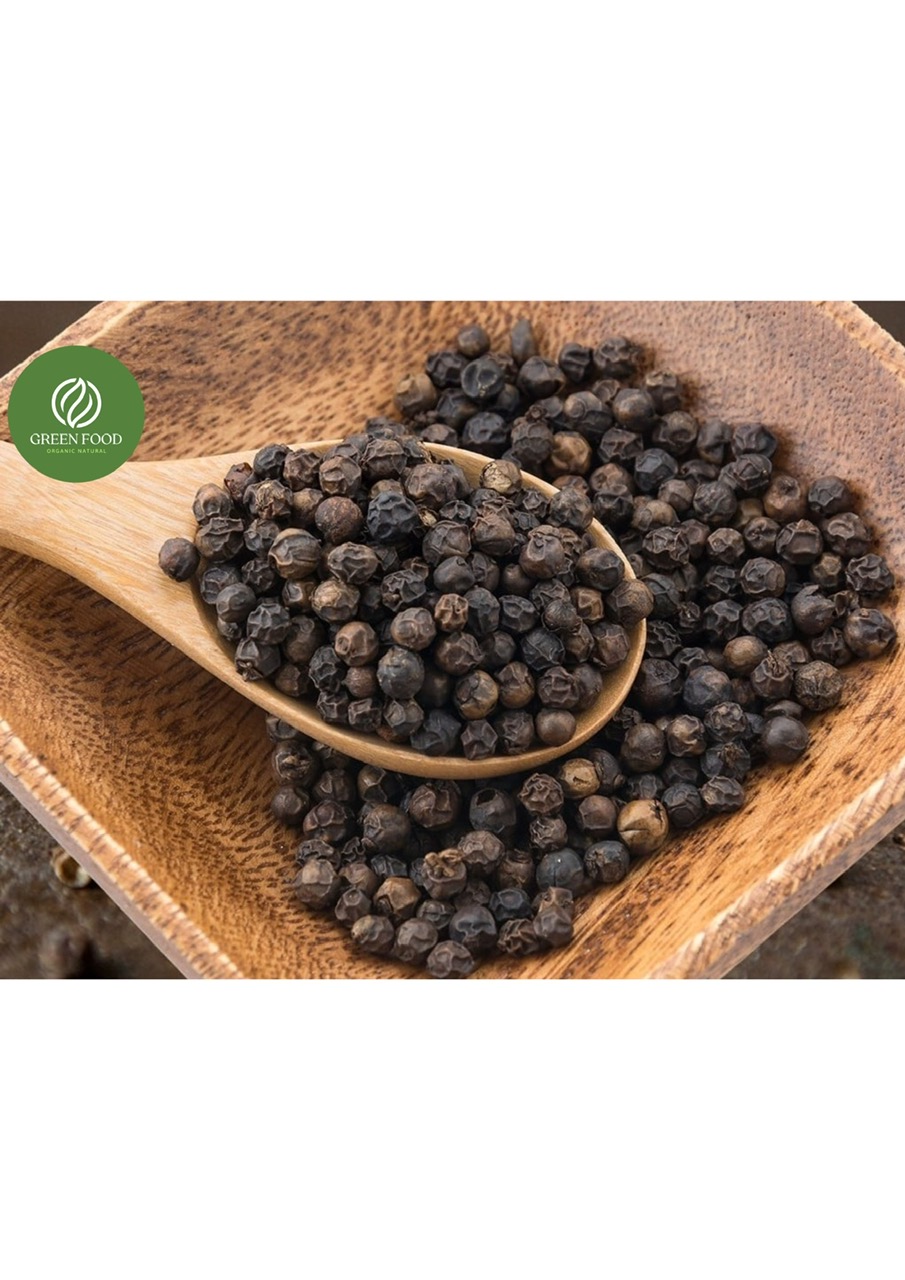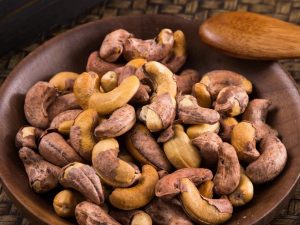Black Pepper: The King of Spices
Black pepper, often referred to as the “king of spices,” is one of the most popular and widely used spices in the world. Known for its bold flavor and aromatic qualities, black pepper has a rich history and numerous culinary and medicinal uses.
Origin and History
Black pepper (Piper nigrum) is native to the tropical regions of India, particularly the Malabar Coast. Its use dates back over 4,000 years, making it one of the oldest spices known to humanity. Historically, black pepper was so valuable that it was used as currency and played a significant role in trade routes between the East and West. It was sought after by explorers and traders, contributing to the Age of Exploration.
Cultivation
Black pepper grows on a climbing vine that requires a warm, humid climate and well-drained soil. The peppercorns are harvested from the fruit of the vine when they are still green and unripe. After harvesting, the peppercorns are cooked briefly and then dried, turning them dark brown and wrinkled. The process enhances their flavor and aroma, resulting in the black pepper we commonly use today.
Nutritional Benefits
Black pepper is not just a flavorful addition to dishes; it also offers health benefits. It contains piperine, a compound known for its antioxidant and anti-inflammatory properties. Studies suggest that black pepper may aid digestion, improve nutrient absorption, and support overall health. Additionally, its antimicrobial properties may help fight infections.
Culinary Uses
The versatility of black pepper makes it a staple in kitchens worldwide. It can be used whole, cracked, or ground to season a variety of dishes. From savory dishes like meats, stews, and soups to salads and even desserts, black pepper adds depth and complexity to flavors. Its pungent heat pairs well with a wide range of ingredients, making it an essential spice in many cuisines.
Cultural Significance
In many cultures, black pepper holds symbolic meaning beyond its culinary uses. It has been considered a symbol of wealth and prosperity throughout history. In ancient Rome, it was so highly prized that it was used to pay taxes and as a form of tribute. Today, it continues to be a symbol of culinary excellence and is celebrated in various culinary traditions.
Conclusion
Black pepper is truly the “king of spices,” renowned for its flavor, versatility, and health benefits. With its rich history and global significance, it remains a favorite in kitchens around the world. Whether you’re sprinkling it on a dish or using it as a key ingredient in a recipe, black pepper enhances our culinary experiences and connects us to the rich tapestry of human history. Embrace the bold flavor of black pepper and discover its many uses in your own kitchen!

 Skip to content
Skip to content












Reviews
There are no reviews yet.